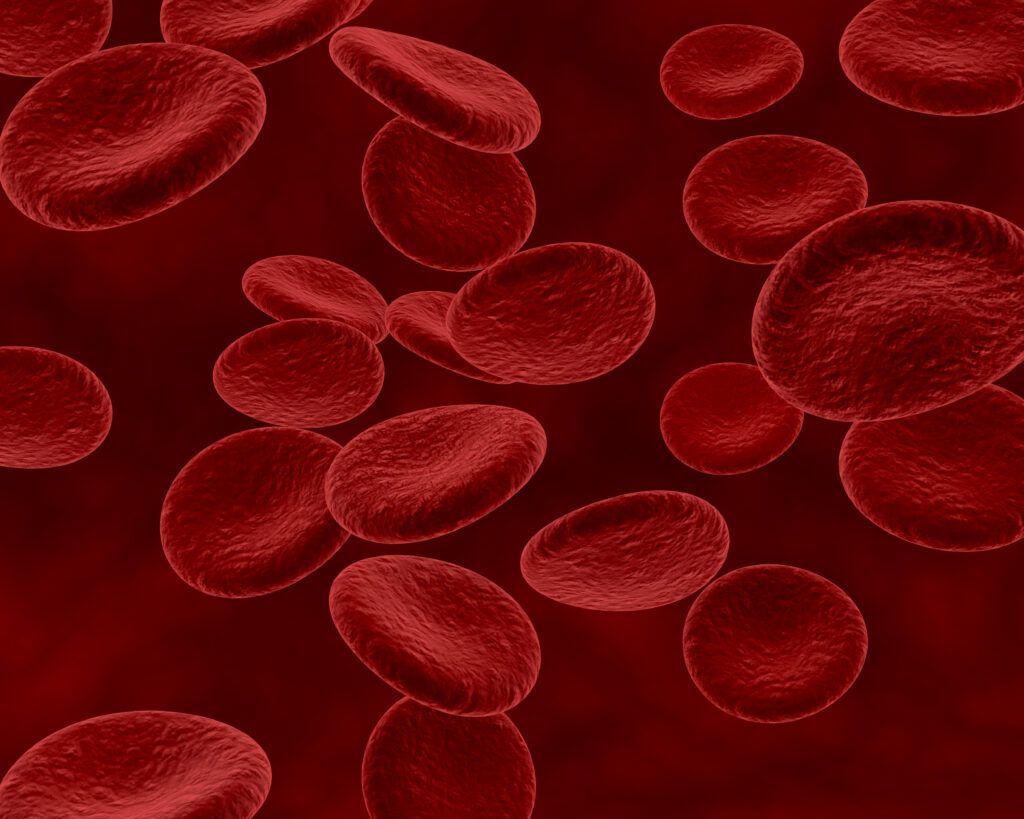If you ever read health reports or went for a health checkup, you must not be alien to the word haemoglobin. Consequently, you would know that low levels of haemoglobin can be risky for health.
Haemoglobin, a vital component of red blood cells, plays a crucial role in transporting oxygen throughout your body. Low haemoglobin levels, a condition known as anaemia, can lead to fatigue, weakness, and other health issues. While medical intervention might be necessary in severe cases, simply making certain lifestyle changes and dietary modifications can do wonders for your health by significantly boosting your haemoglobin levels.
This blog will discuss some of those tips to increase haemoglobin levels. But first, let’s brush the basics, shall we?
Why is haemoglobin important?
If you recall those science lessons you had learned in school, you must know that it is the haemoglobin that gives colour to your blood. But it does more than that. Haemoglobin carries oxygen from the lungs to all the organs and tissues in the body. The colour-giving agent contains iron which helps to pick oxygen from the air we breathe in. Furthermore, after supplying oxygen to the rest of the body, it attracts carbon dioxide to supply it to the lungs, which exhales it out of the body.
What happens when your haemoglobin levels are low?
The haemoglobin levels in the body fluctuate from time to time. Sometimes, due to some infections and diseases, they can fall below the healthy range. These diseases include cancer, anaemia, genetic disorders, an iron-deficient diet, dengue, and many more. Low levels of haemoglobin can have serious health repercussions and may even cause death. The condition may manifest as fatigue, episodes of fainting, and rapid heart rate.
The good news is, low haemoglobin can be corrected with blood transfusion and diet, depending on the underlying cause.
The role of nutrition
Your diet plays a crucial role in restoring your haemoglobin levels. Consider adding these foods for the same:
Iron-rich foods:
Iron is a key component of haemoglobin. Incorporate foods like lean red meat, fish, beans, lentils, and spinach into your diet.
Vitamin C Powerhouse:
Vitamin C enhances iron absorption. Consume citrus fruits, berries, and leafy green vegetables to boost your iron intake’s effectiveness.
Veggies and seeds
Beetroot:
Rich in nitrates, beetroot can help boost nitric oxide production, improving blood flow and oxygen delivery.
Pumpkin Seeds:
Packed with zinc, iron, and magnesium, pumpkin seeds support overall blood health and can contribute to improved haemoglobin levels.
Folate and Vitamin B12:
These vitamins are essential for red blood cell production. Include foods like leafy greens, beans, lentils, eggs, and dairy products in your diet.
Copper:
While often overlooked, copper aids in iron absorption. Add nuts, seeds, and whole grains to your diet.
How much haemoglobin does an adult need?
Haemoglobin requirements differ on the basis of gender. Ideally, a male needs 13.5 to 17.5 grams per decilitre and a woman needs 12.0 to 15.5 grams per decilitre. The number varies for children, depending on age and sex
Boosting haemoglobin levels naturally
In addition to dietary changes and lifestyle modifications, consider these natural approaches:
Herbal Supplements:
Some herbs like ashwagandha and fenugreek have been traditionally used to support blood health. However, consult your doctor before using any supplements.
Regular checkups:
Routine health examinations can help monitor your haemoglobin levels and identify any potential issues early on.
Closing thoughts
Low levels of haemoglobin can pose serious risks to your health. Make sure you go for regular health tests and checkups and follow these tips to ensure your haemoglobin levels remain healthy.
Remember, while these tips can be beneficial, they should not replace professional medical advice. If you have concerns about your health, consult a healthcare provider.





